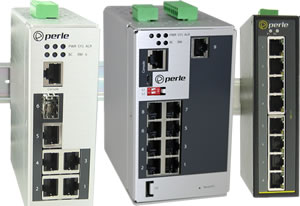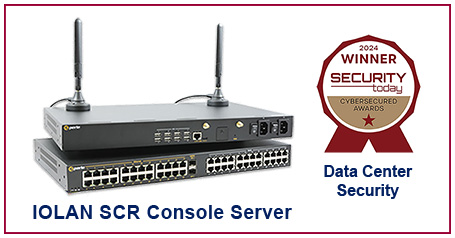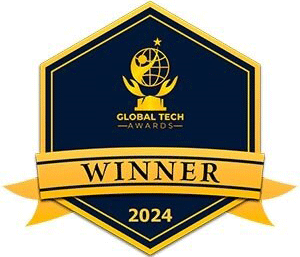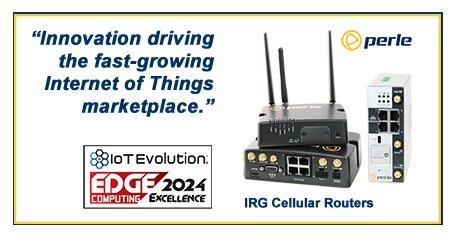
The 2010's: The decade of the internet of things
By Max BurkhalterJanuary 2, 2020
In the past decade, the technology that has had the most impact on everyday society is the internet, and the accompanying Internet of Things (IoT). Consumers, businesses and governmental organizations alike benefit from this new technology that enables the efficient sharing of information. A smartphone with internet access can be found in nearly everyone's pockets; a smart TV or computer system found in almost every home or business. All of this allows society to be connected like never before. This past decade has seen the internet transform how we live, do business, socialize and much more.
Home sweet home
IoT technology in the home is now widespread. Smartphones have achieved almost universal adoption, and technology such as Smart TVs further pushes the capabilities of the internet forward for the average person. One particularly notable development is that of the "smart home." Using various devices, all connected to a single network, homeowners can wire up their homes to be controllable through their own devices in many different ways. Lights can be switched on and off with an app, and internet-connected HVAC systems can ping weather websites for information and adjust interior temperatures accordingly. According to PC Mag, 15% of households in the US possess some kind of smart-home technology, higher than any other nation. The impact the IoT has had on residencies is huge, and is only growing with time.
New ways to do business
In the commercial sector, the IoT has brought with it a paradigm shift in business practices. Gone are the days of fax machines and paper bookkeeping. Even modern mainstays like email and phones are being used less now that the IoT enables near-instantaneous exchange of communications. The internet brings with it new efficiencies; multiple disparate sources can easily connect and share information. Reports can be collated from multiple corporate locations in less than in hour, and customer information can be pulled up by cashiers or even delivery drivers to find important notes. Mobile applications allow customers unparalleled levels of convenience when it comes to purchasing their favorite products or services. And the IoT brings with it countless ways to discern information about consumers; what they like, what they want, their advertising preferences and even their views on a company.
The B2C landscape is not the only one benefiting from the ubiquity of the IoT, however. The IoT is a great boon in both B2B and internal operations as well. Business clients can have access to up-to-date information directly from your company's intranet. Within an organization, work can be tracked, equipment checked out and employee hours recorded, all while using devices that can fit into your pocket. These conveniences allow modern business to be conducted at a blistering pace; this new cadence could only be dreamed of a few decades ago.

Titans of industry
Perhaps the most important application of the IoT has been in industrial and logistical fields. Modern e-commerce companies would not be able to offer even a quarter of their services without the Internet of Things powering their methods. Consumers use IoT devices to order their goods, and this information is passed along to shipping centers to coordinate the packing and delivery of the item. The IoT can help today's logisticians in ways that would be hard to imagine a few years ago. Forklift usage, mailing and order volume, employee attendance and much more can all be measured through the IoT in order to give live updates to both customers and shipping employees, according to IoT for All. The sheer volume of online shopping in the 2010's is a testament to the IoT as a well-oiled machine; everything from a customer's desktop or mobile application to the security cameras and scales in a warehouse contribute to the modern e-commerce experience.
Manufacturers too, need the IoT to assist their production lines and coordinate with their suppliers. Through the IoT, inventory and purchases can be tracked, enabling companies to communicate with their suppliers and manufacturers, allowing orders to be adjusted without any human intermediaries. The IoT is also the progenitor of automation; without the efficient sharing of information, robots would not be able to conduct operations without human input. With automation slowly but surely replacing human labor, the IoT is needed now more than ever.
Businesses looking to create an IoT-enabled environment for their commercial or industrial operations will need reliable hardware such as Ethernet switches and serial to Ethernet converters. Check out some of the ways Perle has enabled clients to reach their technological potential.



